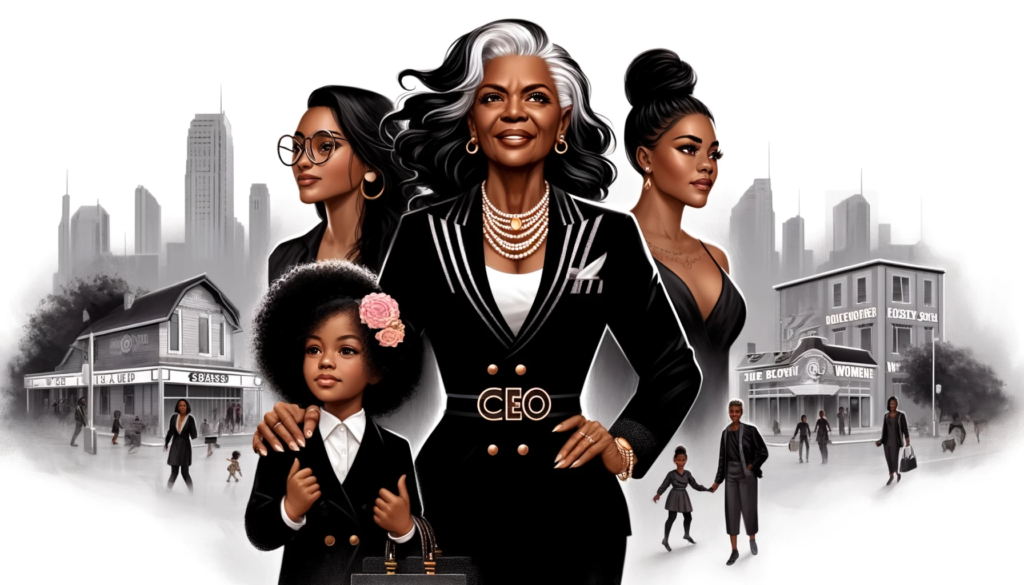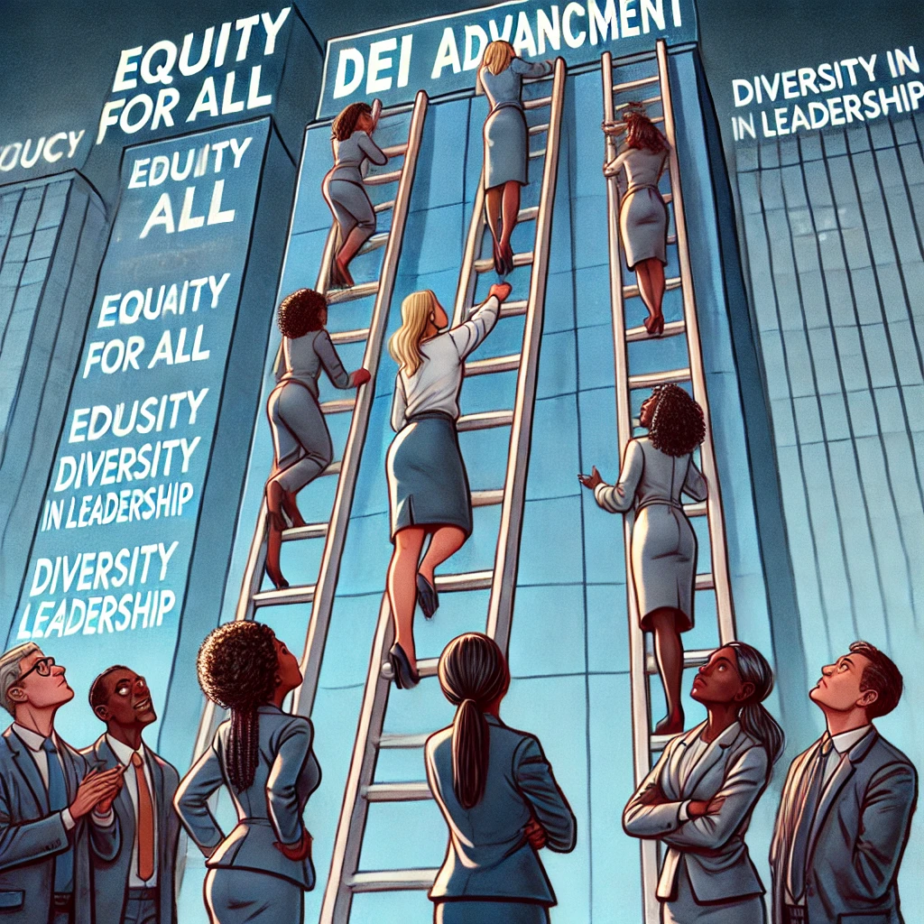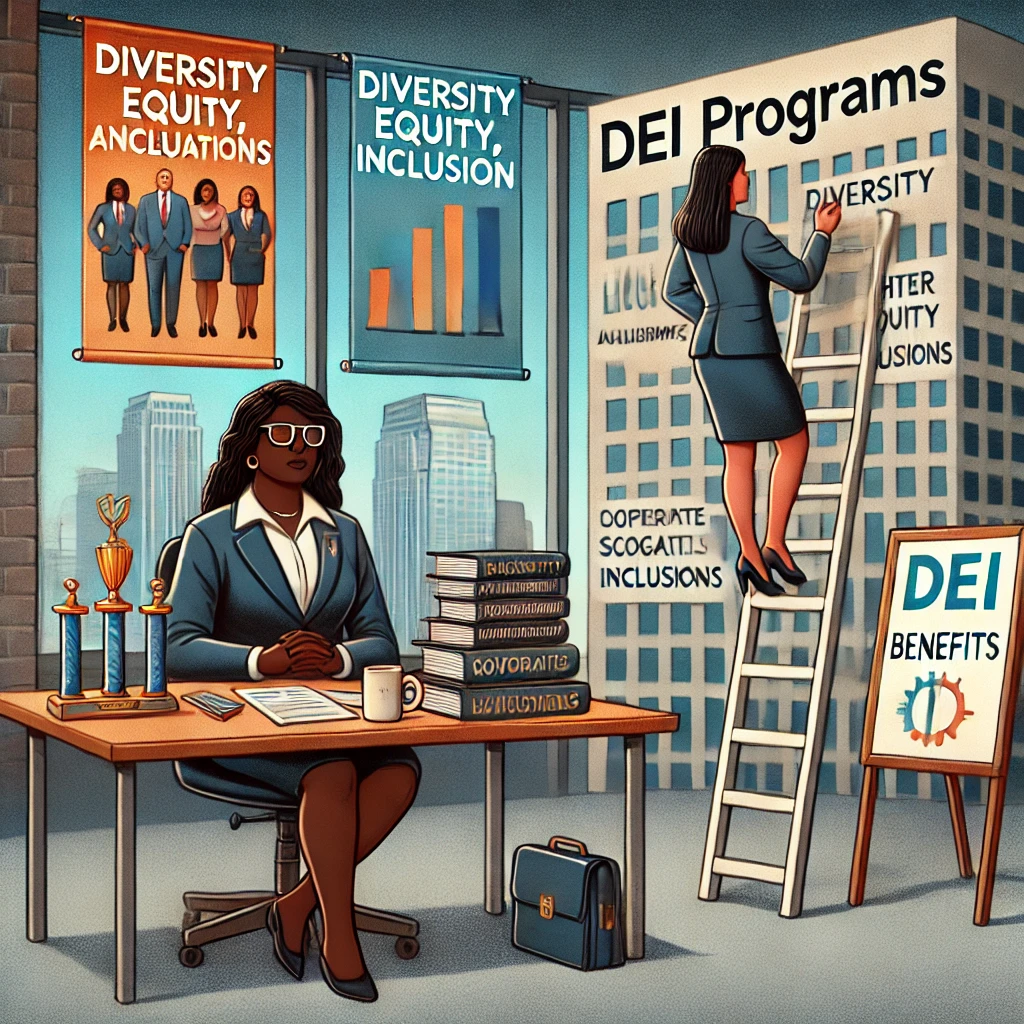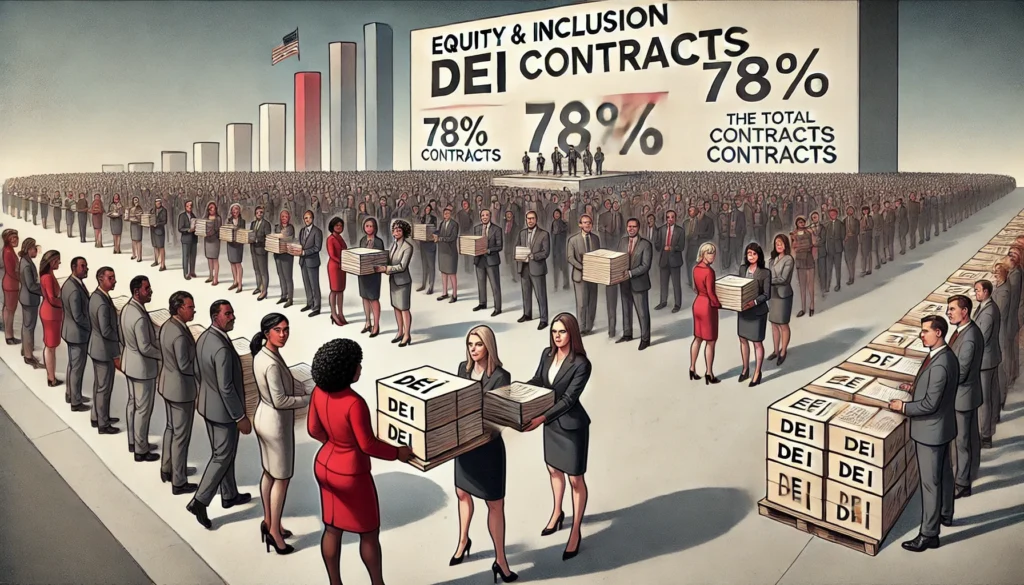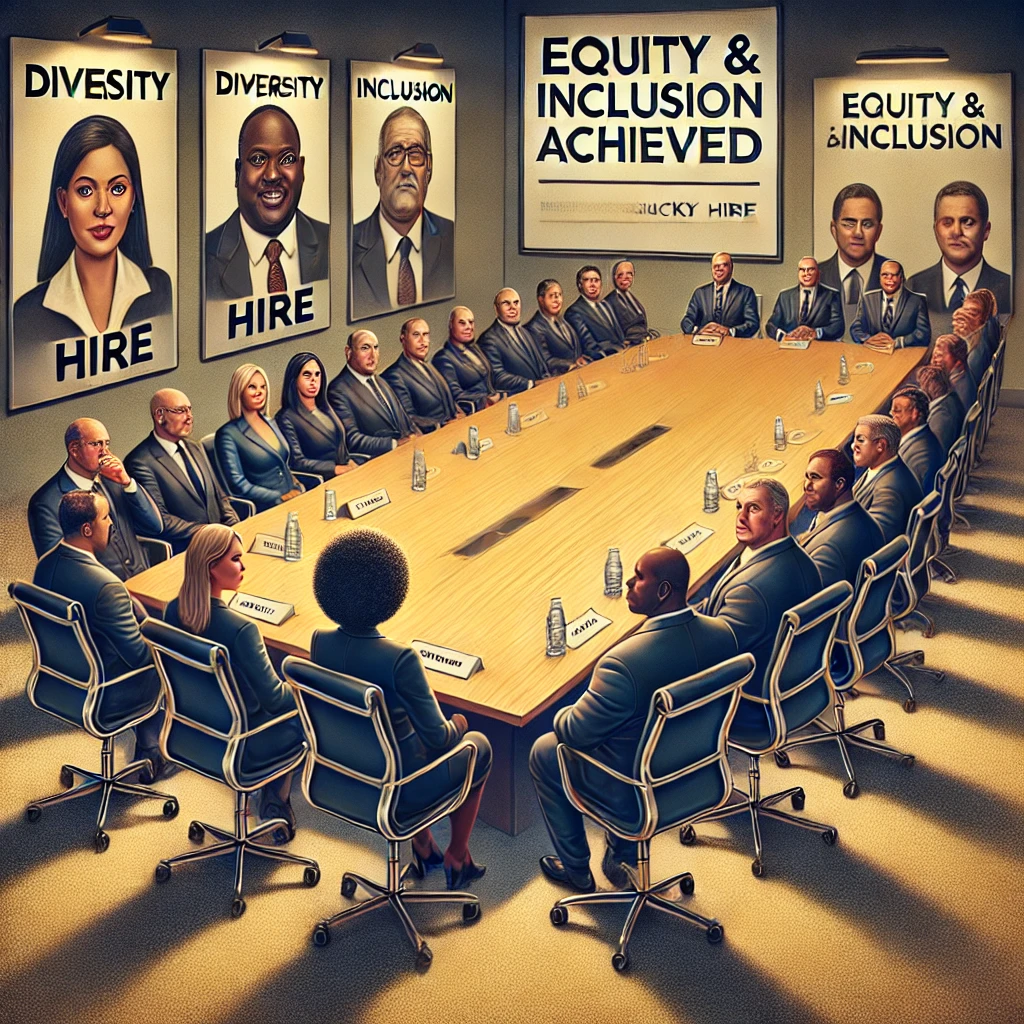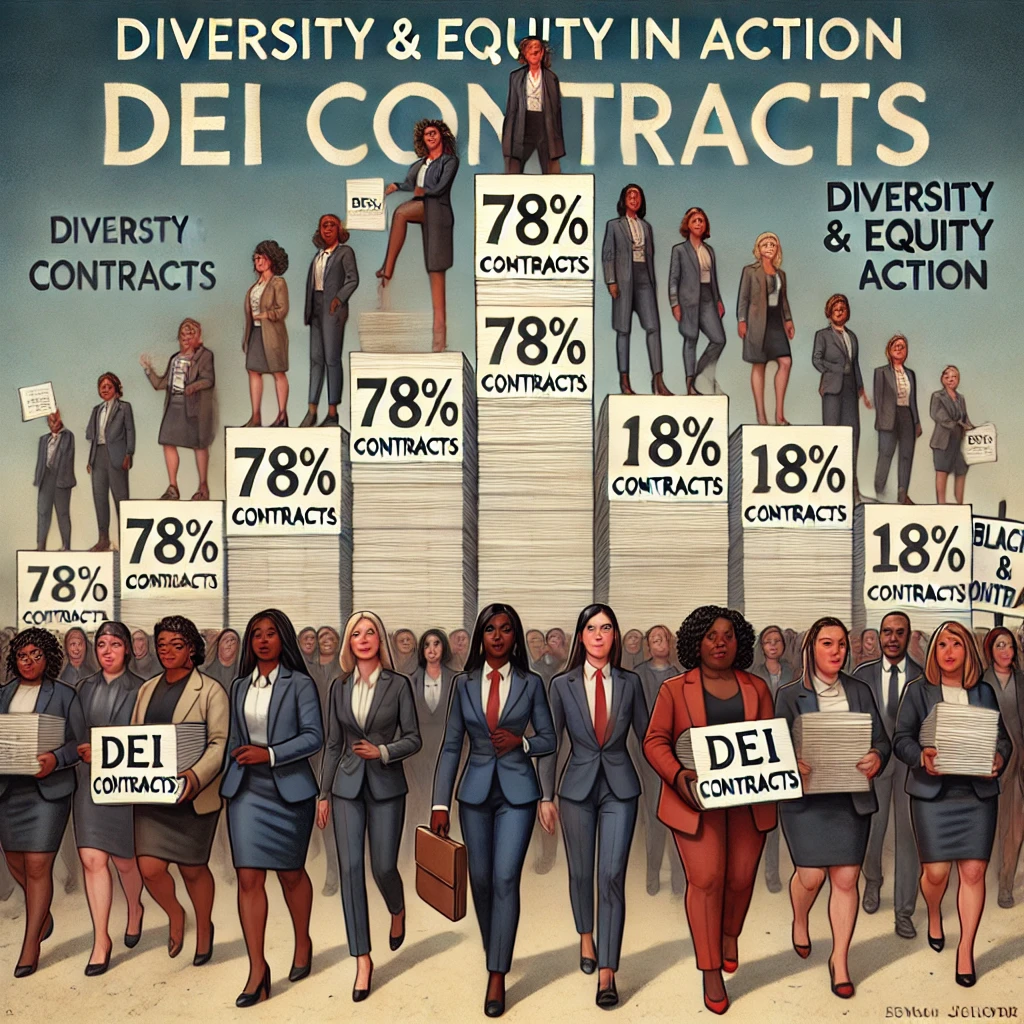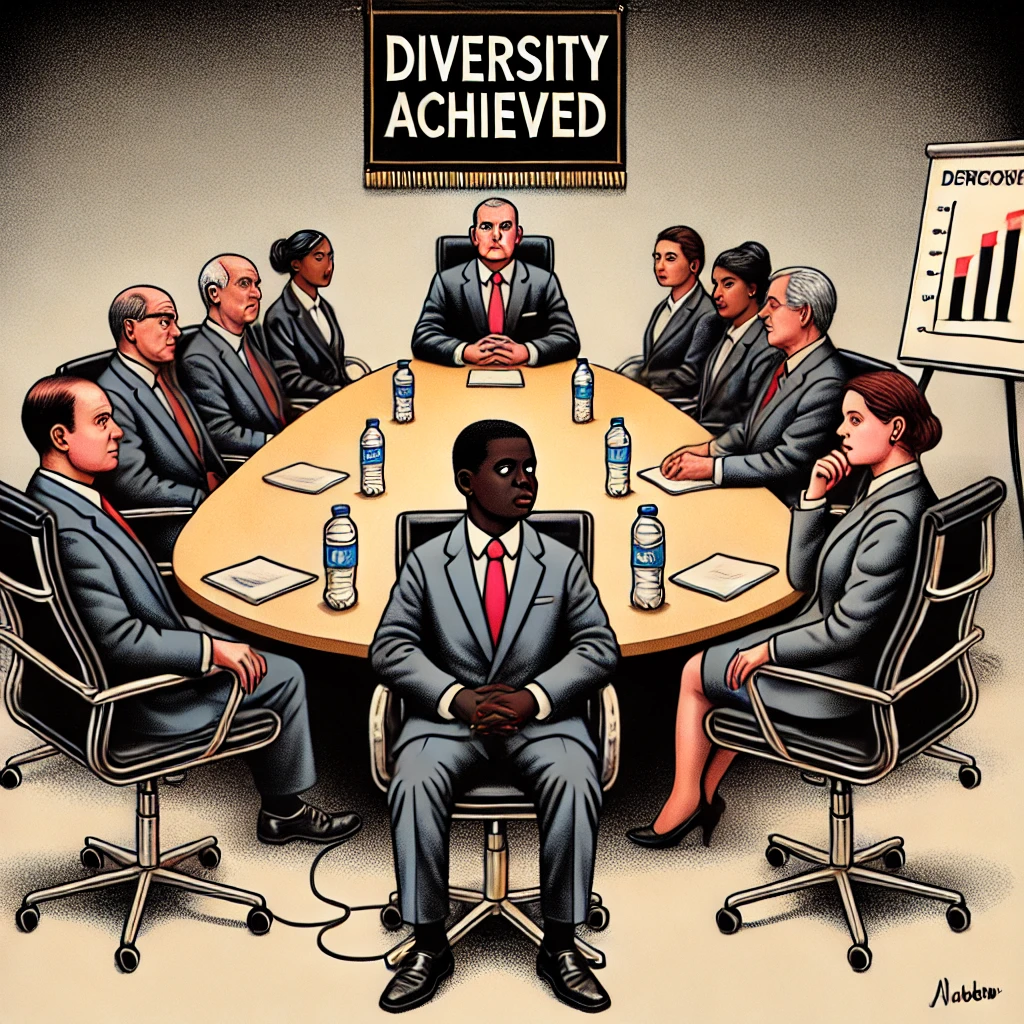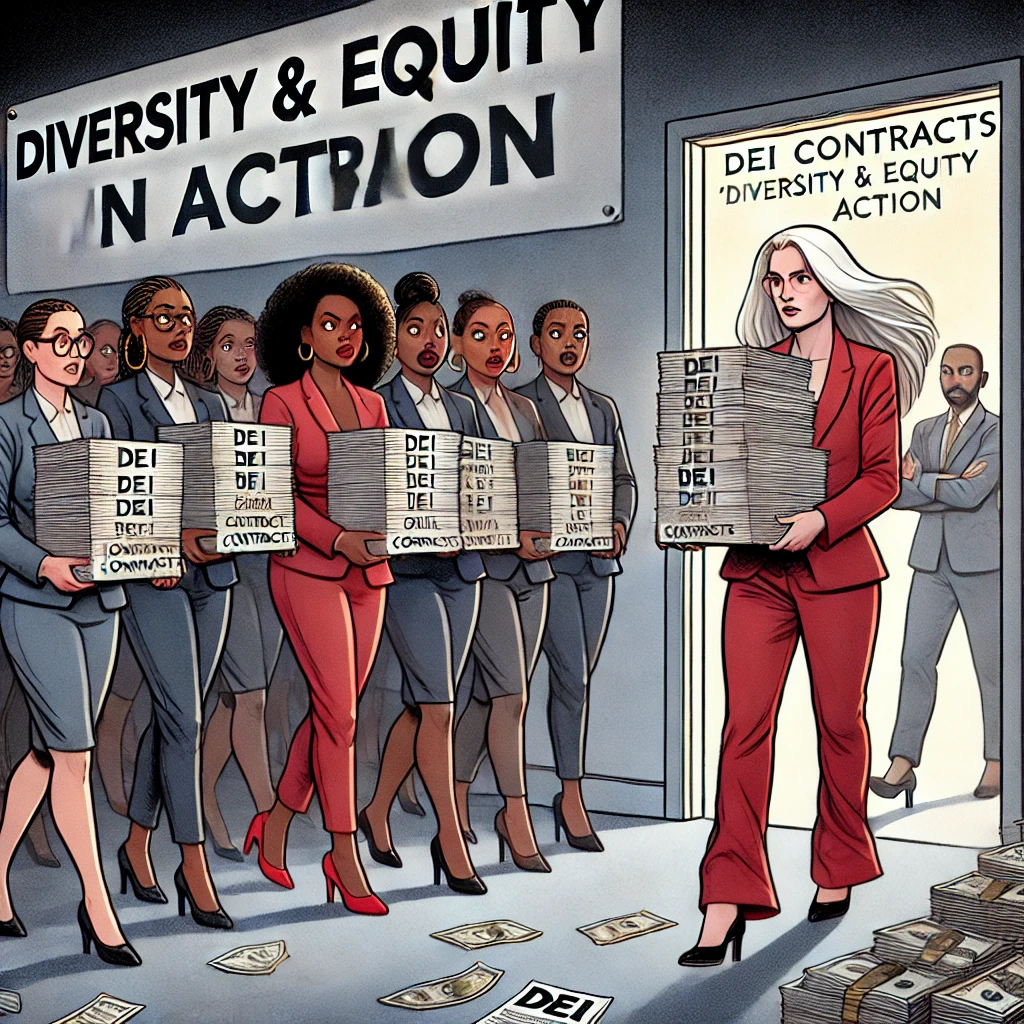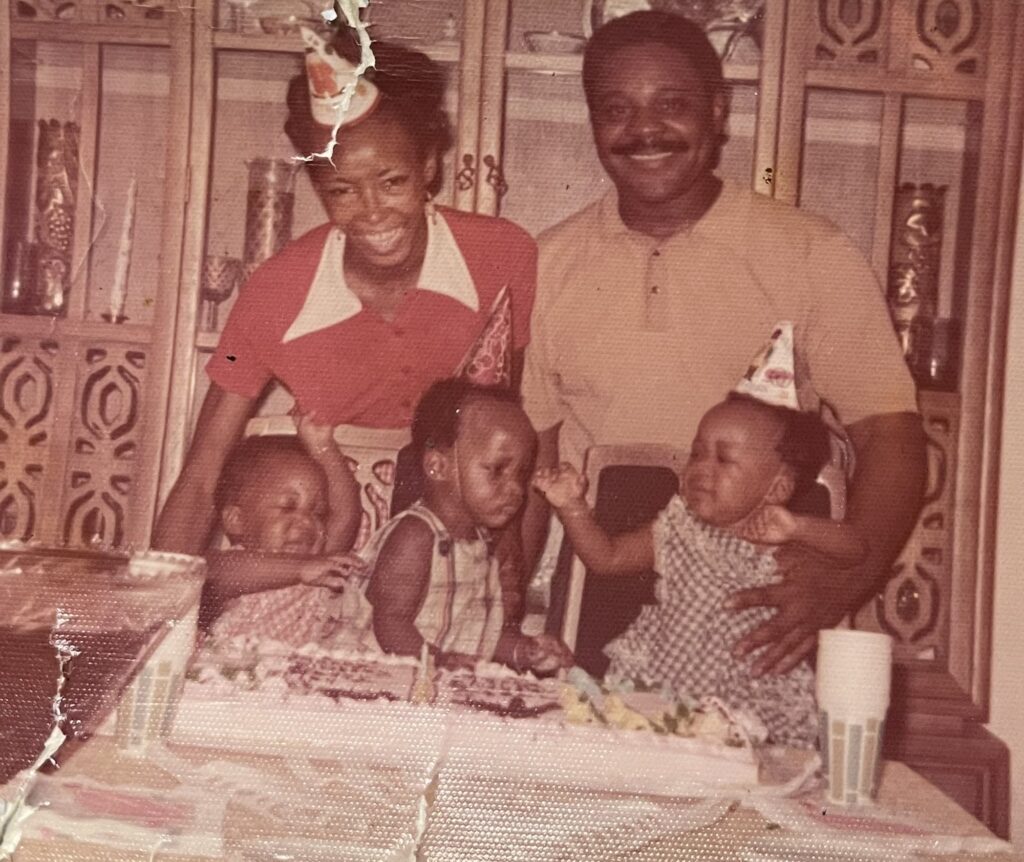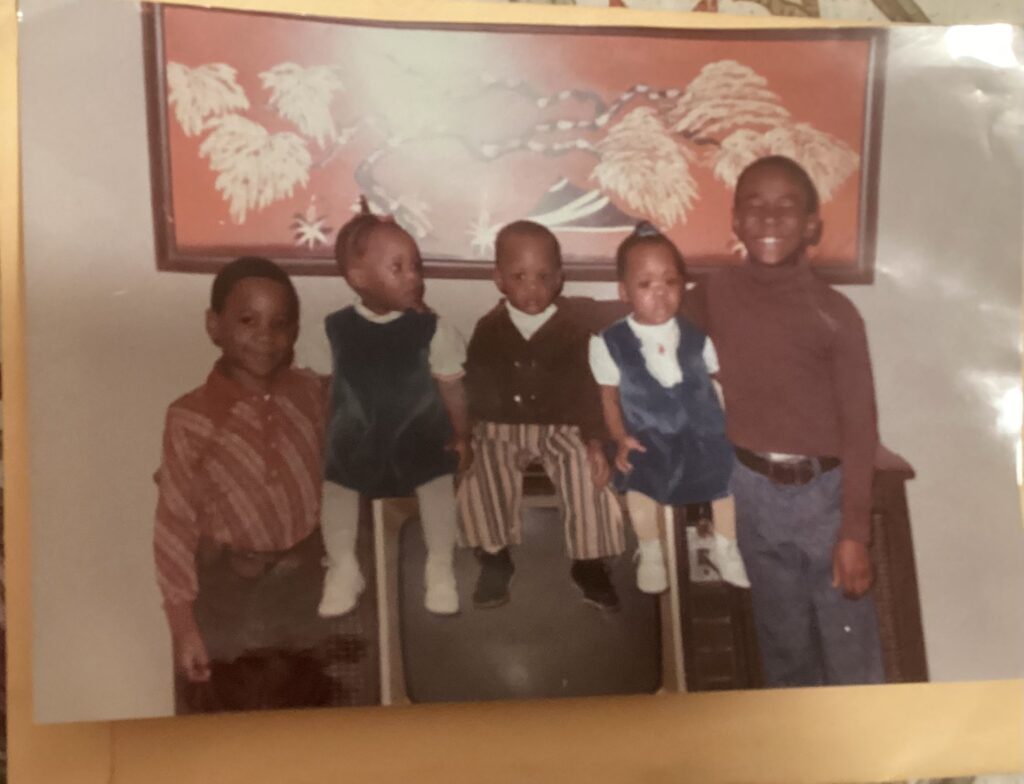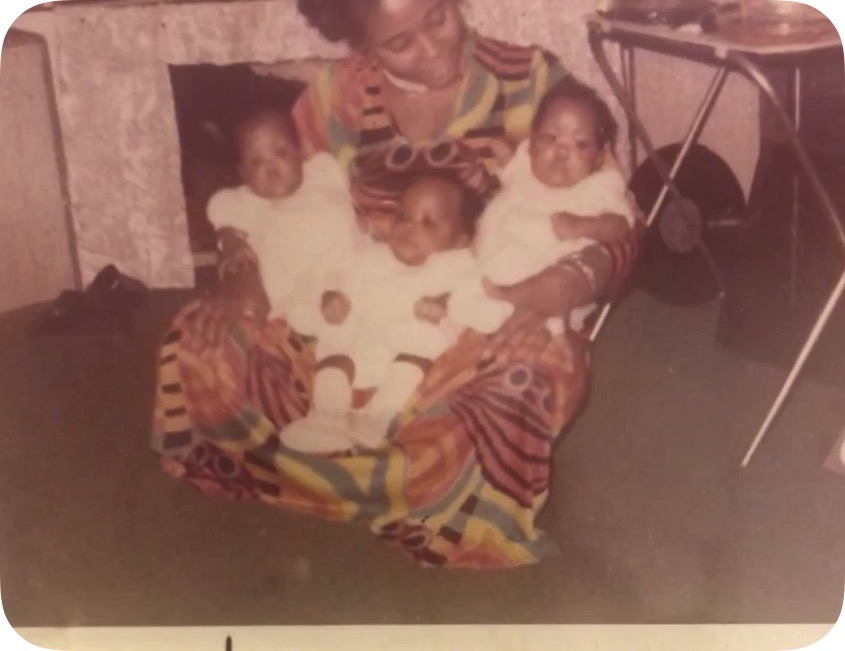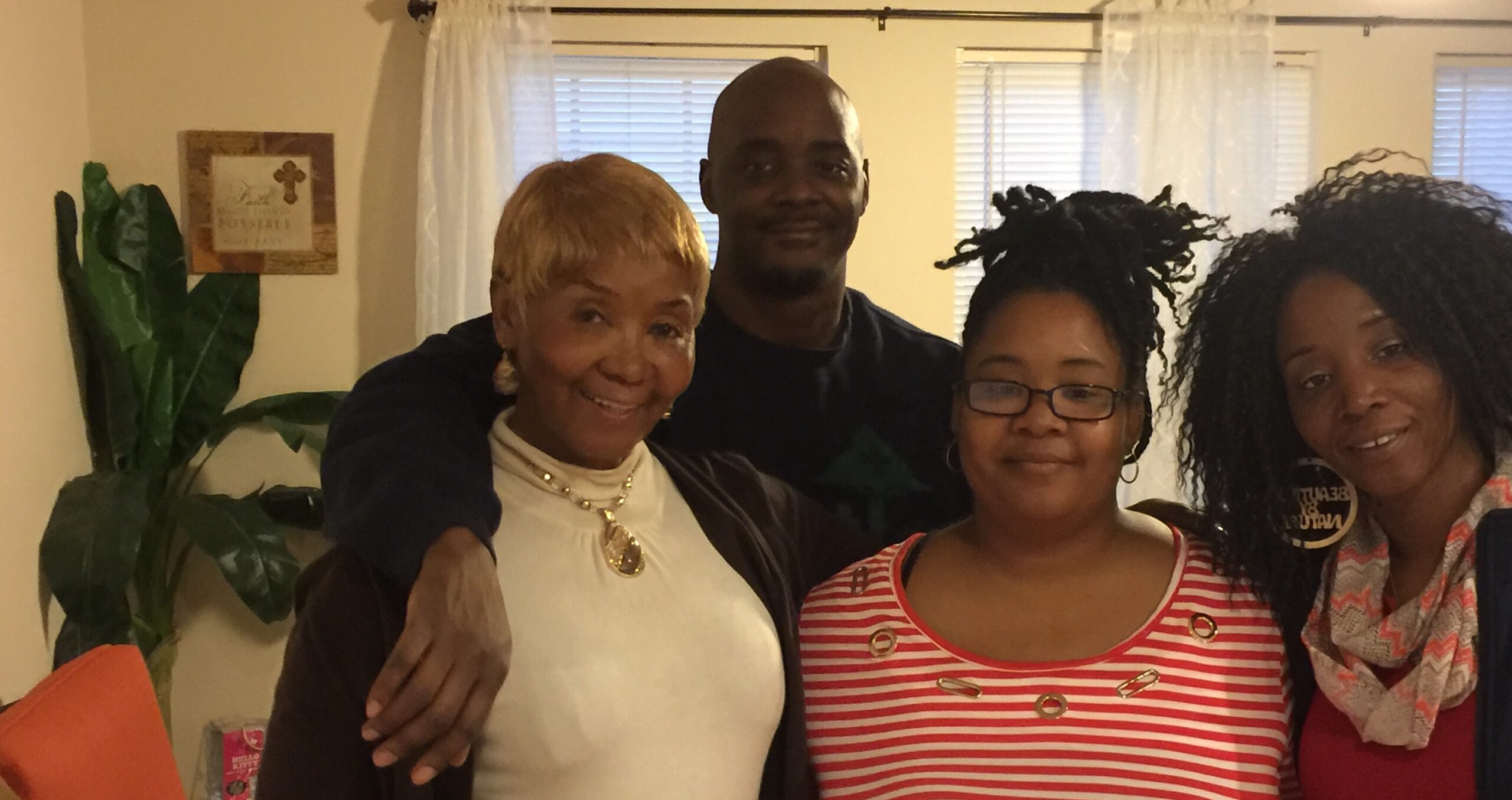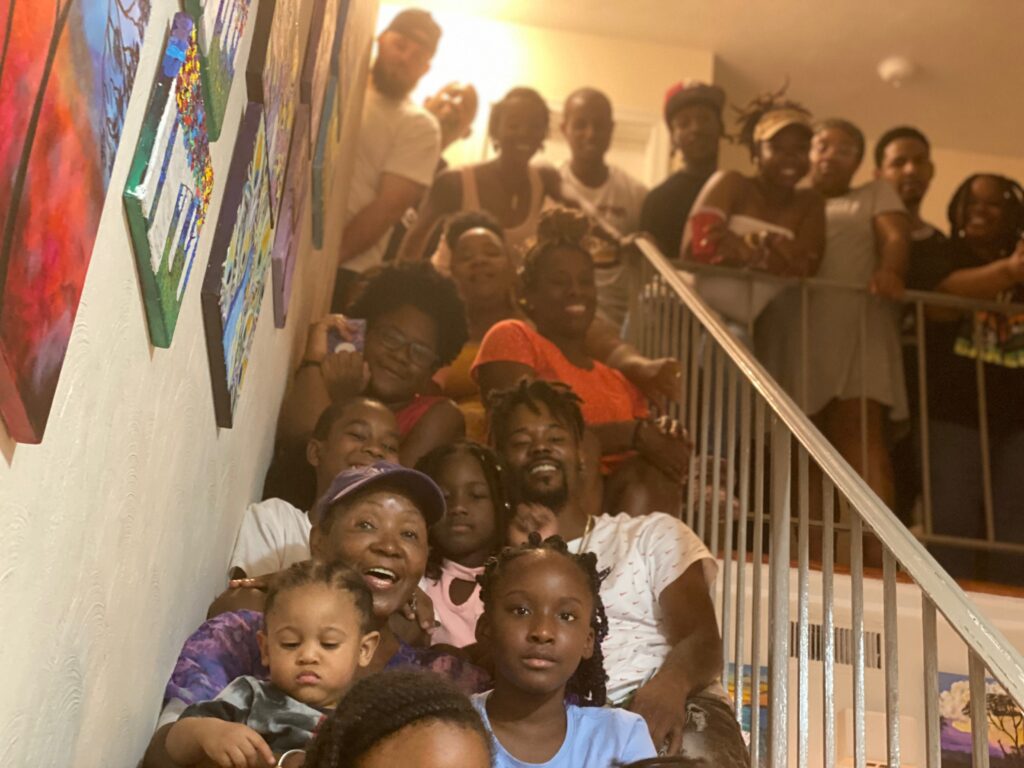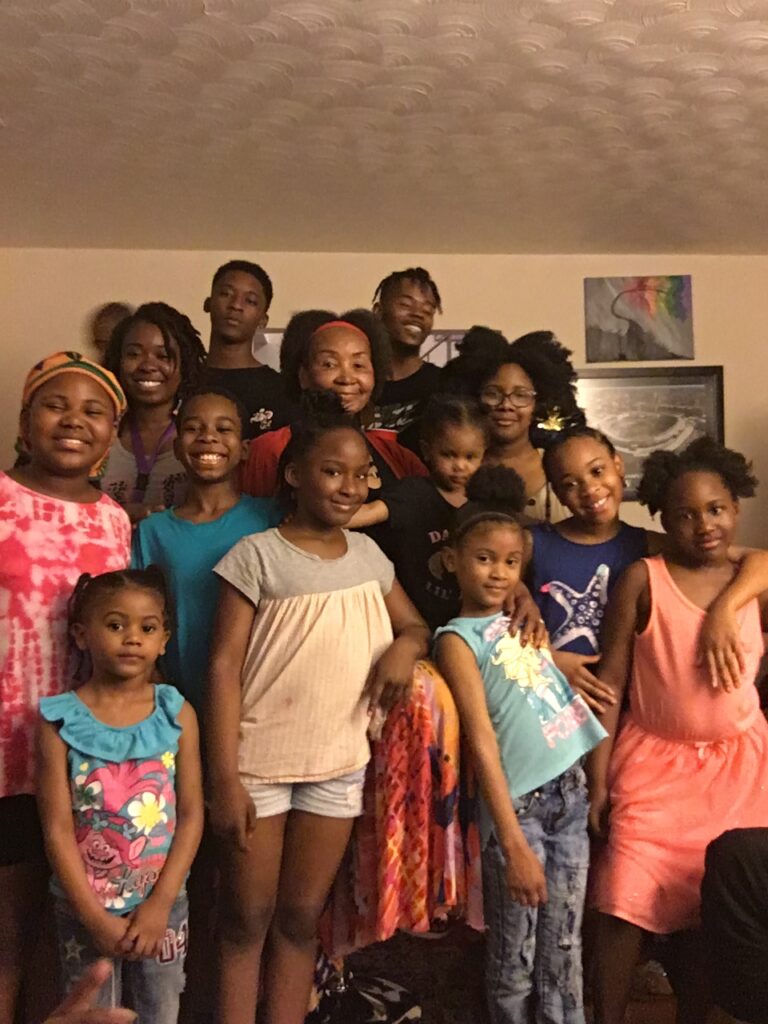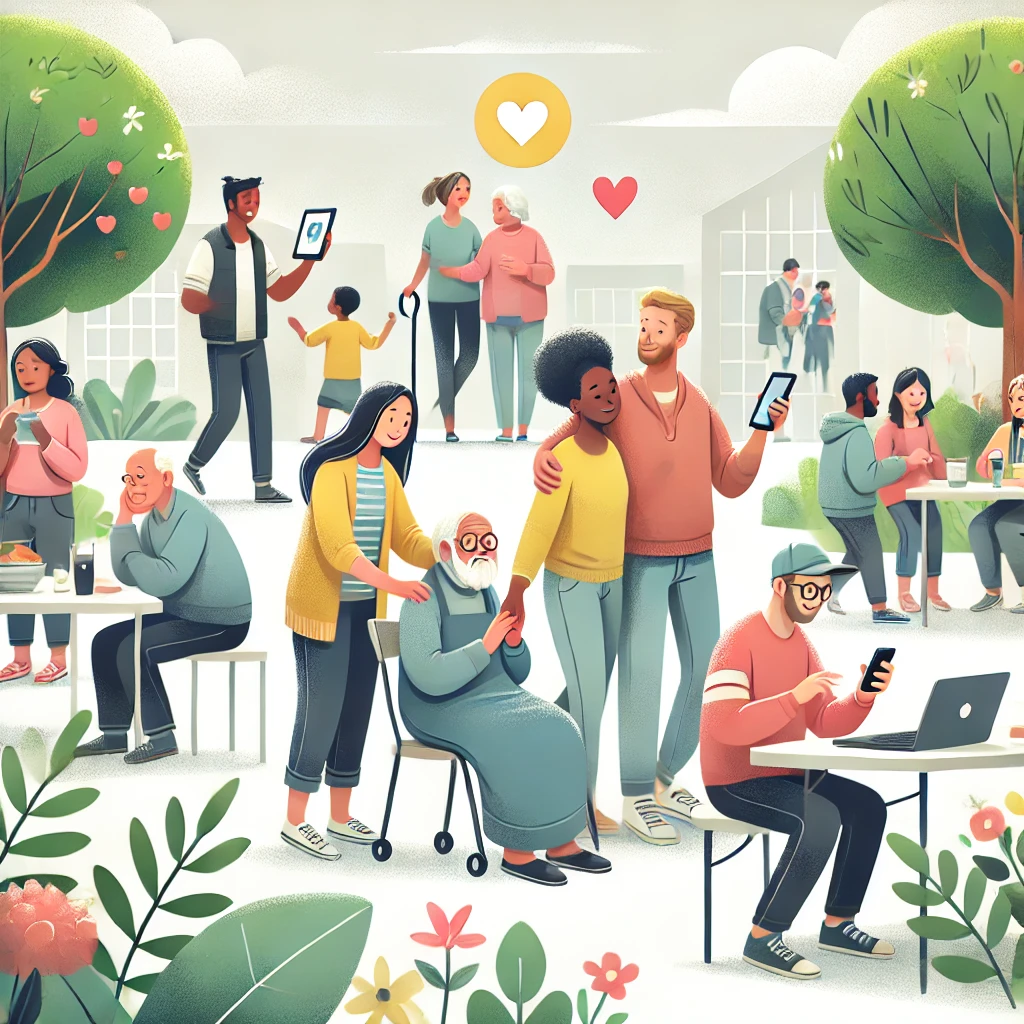From: Grandmothers, Mothers, and Women (GMW)—especially women of color, and all GMW in general:We stand on God’s Word and America’s Constitution.
Faith and Foundation:

Faith: Jeremiah 29:11 Declares, “For I know the plans I have for you, says the Lord, plans to prosper you and not to harm you, plans to give you hope and a future.”
Foundation: “Robert’s Rules of Order” Reminds us:
The majority rules—and with that rule comes responsibility. When a party wins an election, they inherit the duty to govern, to uphold constitutional law, and to ensure policies benefit all citizens. That’s not partisan—it’s procedural.
Every member of the Majority Party in Congress is accountable for the harm and havoc the Trump Administration is currently unleashing on this nation. And, every Minority member of Congress has a moral and constitutional obligation to hold the Majority accountable—especially when Constitutional Amendments are ignored, undermined, or broken.
Both parties bear responsibility. Together, they are accountable to the American people. But we, the people, are not off the hook.
It is our responsibility to know what those constitutional duties are—so we can determine whether our elected leaders are fulfilling them or failing us.
Each of the three branches of government must govern within the framework of the Constitution and the laws that define our democracy. If they do not, we must say so. Loudly. And with clarity.
In 2024, Donald Trump and the GOP did exactly what they falsely accused Democrats of doing in 2020. The difference? This time, there was silence—no media uproar, no widespread challenge. Yet the consequences are loud, and they echo through every community.
Now, we must ask: What kind of truth are we living in? GMW of color, its incumbent, we teach our children, grands and great-grands, “Our illustrious history, that was buried but never forgotten.” In this digital age, we have knowledge at our fingertips—So, why are we still allowing ourselves to be continuously whitewashed by others version of our scripture and history?
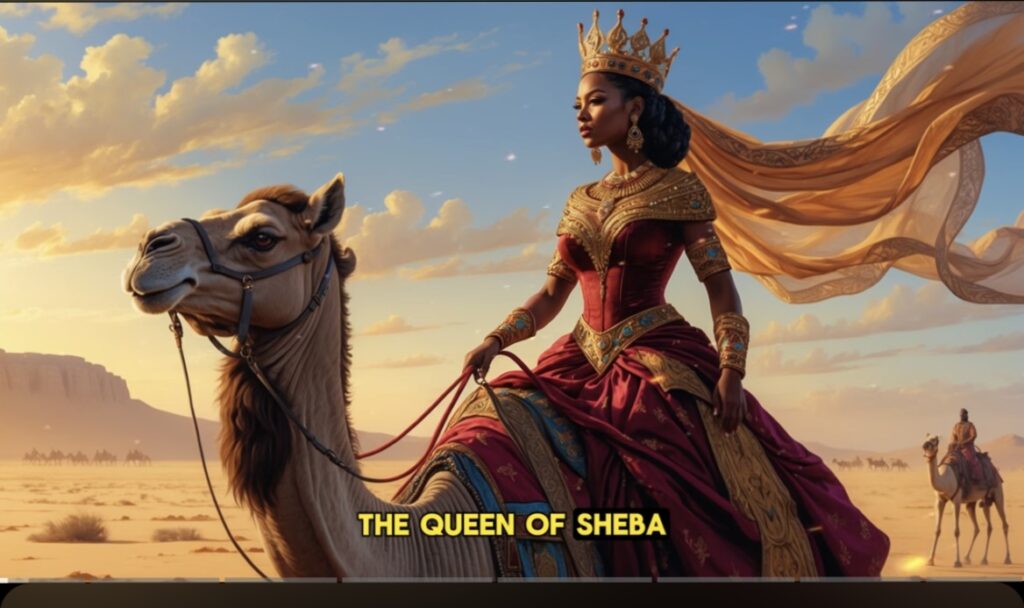
DEI and Inclusive American History Are Not Enough: What we truly need is a return to the truth—the truth of our origin, our humanity, and our story. American history, as it’s been taught, was imposed upon us. It wasn’t written to include us, but to erase and replace us. While efforts toward diversity and inclusion may offer a seat at the table, they still serve a narrative that began without us in mind.
Our history is deeper. Older. Divine: Meet Queen of Sheba Long before the idea of America was formed, African civilizations like Ethiopia and Egypt were already flourishing—home to advanced knowledge, spiritual wisdom, and cultural glory. And let’s be clear: there is no historical truth to Europeans being the originators of those lands. Just as there were no Black people claiming European roots, there is no truth in Europeans claiming ancient African empires. It’s time to reclaim our truth—not just for representation, but for restoration.
The real question is not “What color was Jesus?” but “Where is the cradle of civilization”? (for People of color)That’s not ancient history—it’s divine revelation.Where was the birthplace of humanity? AI overview: The scientific consensus is that the birthplace of humanity, meaning the origin of modern humans (Homo sapiens), is the African continent. Specifically, the earliest evidence of modern humans is found in Eastern Africa, particularly in areas like Ethiopia
This truth matters—because truth always matters.
Whether you’re reclaiming your spiritual heritage or seeking deeper understanding of the Bible, know this: God speaks through all people and all nations.The Bible isn’t the story of one culture—it’s the story of humanity. From Egypt to Ethiopia, Midian to Meroë, people of color weren’t just present—they were essential to the biblical narrative. Their contributions were pivotal, their faith profound.
This isn’t myth. It’s scripture, history, and archaeological evidence—found in both the Ethiopian Bible and the King James Bible.We’re not restoring these truths to divide us—but to unite us. In uncovering what was hidden, we reclaim not just identity—but divine clarity.
This is our moment: Let’s rise with wisdom, walk in truth, and hold accountable every voice, every vote, and every verse. Because, in the end—truth always speaks. This We Pray In The Name of Jesus. Amen.
#TruthBeforeInclusion#ReclaimOurHistory#AfricanOrigins#UnwrittenTruth#BeyondDEI#OurStoryMatters#EthiopiaAndEgypt##HistoryReclaimed#BlackAncientLegacy#NotJustAmericanHistory








